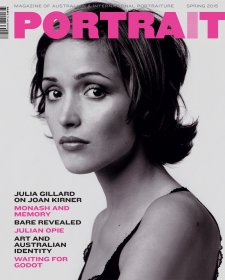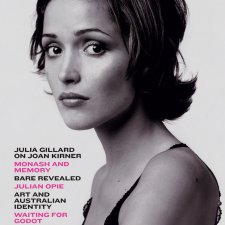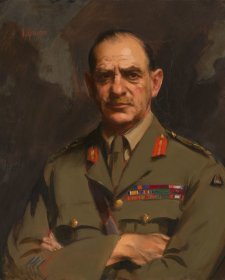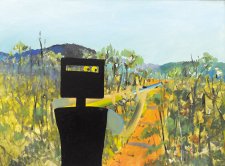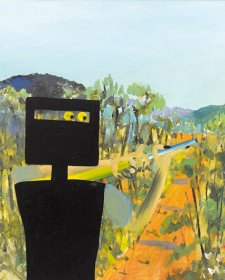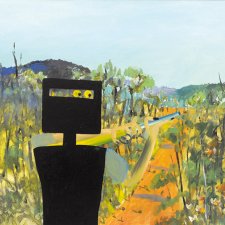It is common for those who have served at the highest levels of politics, business, the law, the military, the trade union movement and civil society to spend their twilight years reminiscing. Sometimes, a certain condescensioncreeps in, an occasional reflection that today’s generation is not as good as they were in their heyday.
Joan Kirner was the absolute stand out against this trend. Every day of her life post politics was enlivened by a spirit of generosity to those who walked, and sometimes stumbled, on the trail she blazed.
She did not want to be put on a pedestal and celebrated as the first woman to be Premier of Victoria. Rather, Joan wanted to have her feet firmly planted on the ground and to be surrounded by the many, to see women in politics everywhere.
Not given to reminiscing, Joan did not want to tell stories of her own achievements. Rather, she wanted to support the women who came next so she could look on with awe at their many achievements.
This spirt of generosity was not simply an aura surrounding Joan. Nothing so ephemeral would have satisfied this ever-practical woman. Rather, she was determined to do everything in her power to multiply the number of women in politics and to amplify their achievements. For Joan, her generosity of spirit manifested as a relentless driving force within her.
She both inspired and required others to share her passion for change for women. Joan cheerfully combined a loving grandmother’s warmth with a sergeant major’s ability to issue orders and expect results. You enjoyed being with her, even as she compiled a list of tasks you really had to do.
The power of her purpose changed the Australian Labor Party (ALP) and the nation. It is simply impossible to imagine that the ALP would have reinvented itself as the party for women without Joan’s crusade for the Affirmative Action rule. Similarly, an organisation like EMILY’s List, women supporting pro-equity, pro-diversity and pro-choice Labor women, could not have been imagined or implemented without Joan’s dreams and knack for getting things done.
True believers and community members enjoy a more equal, equitable Australia because of the life she lived.
Indeed, Joan’s belief in equality for women and fairness for all Australians formed the golden thread that ran throughout her life and work. It brought together her advocacy for equity in education, as the leader of parents’groups, with her change agenda as the Victorian Minister for Education. Even in the hardest days of government, she held fast to these values and made decisions shaped by them.
Joan’s life and leadership also embraced the beauty of nature as well as her belief in the essential goodness of human beings. From enjoying camping to making far-reaching political decisions to protect species at risk and care for our land, Joan brought change to our sense of place and how to live well.
Joan’s spirit and humour never failed her, but at far too young an age her body did. Frequently in pain, with her range of activities curtailed, Joan nevertheless wrung everything she could out of life.
Remembering her brings so many images into sharp focus.
I see her as Premier, walking through a building site and hitting her head sickeningly hard on a low beam. Indomitable, she simply walks on.
Wearing leathers and belting out ‘I Love Rock ‘n’Roll’, a woman quick to laugh and completely prepared to laugh at herself.
Dancing on the floor of ALP National Conference, infused with delight at the Affirmative Action rule being adopted.
Sitting at a meeting around her dining room table, the place where so many women came to be a part of Joan’s plots and plans to change our world.
The older Joan, sitting in her chair, sending earthy emails from her iPad. As Prime Minister, I was the recipient of many a blistering observation about those who were giving me trouble.
The younger Joan, before she was Premier, visiting her son Dave, with whom I shared a student household. I see Joan who loved her family beyond measure, glowing with delight as new grandchildren joined her and Ron’s fold.
Love is infinite. Joan could always find space in her heart for another young woman to mentor, another middle aged woman to urge onwards, another older woman to share experiences with as the journey drew to an end.
But time is limited, short, precious. Joan’s time passed too quickly and ended too soon. She wanted additional years so she could do more, love more, think more.
There will always be a frustration, even an anger, that she was denied that time.
But there will also always be a joy for the privilege it was to know her, the way she shaped so many lives, including mine, and her far-reaching, hugely positive impact on our nation.
Julia Gillard served as the 27th Prime Minister of Australia from 2010-13.


